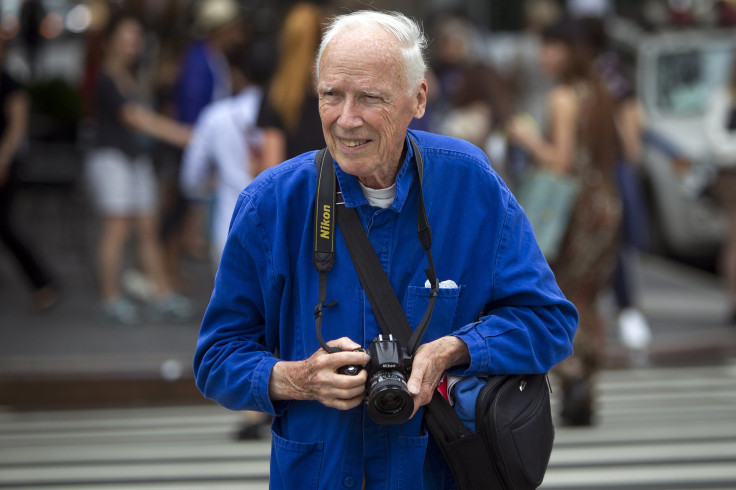Bill Cunningham, New York City’s legendary street fashion photographer, dies

Bill Cunningham, the legendary New York Times fashion photographer, has breathed his last at the age of 87. He was hospitalised recently after having a stroke. He was credited for creating the genre of street fashion photography and worked with The Times for nearly 40 years. His watchful eye brought images of New York City to the public. In 2009, he was designated a living landmark as he was such a singular presence in the city.
“His company was sought after by the fashion world’s rich and powerful, yet he remained one of the kindest, most gentle and humble people I have ever met. We have lost a legend, and I am personally heartbroken to have lost a friend,” The Times’ publisher and chairman Arthur Ochs Sulzberger Jr. told The New York Times.
Cunningham rode on a bicycle around the city in trademark blue workman’s jacket and a camera hanging from his neck. He had exceptional talent for unearthing major avant-garde trends on the street, at glittering parties and on the catwalk. Editor of American Vogue, Anna Wintour, said in a 2010 documentary on Cunningham that he had this amazing ability to see things on the streets or on the runway that others would completely miss. They would become a trend in “six months,” writes the ABC.
“Fashion is as vital and as interesting today as ever. I know what people with a more formal attitude mean when they say they’re horrified by what they see on the street. But fashion is doing its job. It’s mirroring exactly our times,” Cunningham wrote in an essay for The Times in 2002.
Cunningham’s life was one of austerity. He lived in a studio above Carnegie Hall till 2010 and slept on a single-sized cot. His cabinets were full of his negatives. One of the founding editors of InStyle magazine, Hal Rubenstein, said in 2014 that his wealth of knowledge was absolutely staggering and that he was self-effacing. He knew exactly who he was and he was beyond scholarly, Rubenstein added.





















